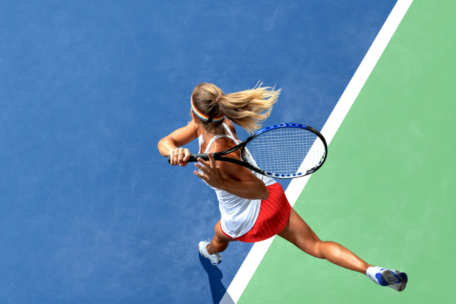The importance of nutrition on athletic performance
It’s well known that a balanced diet can attribute to a fulfilled life and general wellbeing, however for athletes, nutrition is vital for optimal training, performance, and recovery.
Through adequate nutrition, high performing athletes can gain energy to improve performance, fight fatigue, support immunity, and recover proficiently.
Nutritional needs will differ from person to person, but a well-rounded diet is something that is integral and applicable to all. When determining your specific dietary needs, we recommend talking to your doctor and/or dietitian so they can cater towards:
- The type of sport/exercise you engage in
- The amount and level of training you undertake
- The level of energy required to undertake expected training activities
What nutrition is typically needed for an elite athlete?
While the nutritional needs of an athlete are largely similar to those of the general public, the increase in high intensity exercise means that carbohydrate intake should be increased.
Carbohydrates are vital building blocks that provide the body its main source of energy to function. When consumed, they are broken down into glucose which is used for energy. When energy needs to be increased, the need for carbohydrates often is as well.
Some foods that may be foundational in your diet may include:
- Pasta
- Bread (whole grain)
- Rice
Another important nutritional need to promote muscle growth and restoration is protein. However, this can often be overdone. While carbohydrate intake is typically prioritised for its energy production benefits, there are several beneficial protein sources that contribute to optimal body function, these may include:
- Lean cuts of meat
- Fish and seafood
- Tofu
- Legumes
- Dairy products and eggs
What can I do if I want to improve nutrition and athletic performance?
It’s common to have the drive to improve your health and routine as an athlete and the best way to do this is by consulting with your medical professionals, in this case, likely your doctor, dietitian, and exercise physiologist.
By engaging with professional help, you will be able to target your diet towards your specific training and nutritional needs.
Additionally, for more information about what a balanced diet is and how to achieve it, visit our Building a Balanced Diet page.


